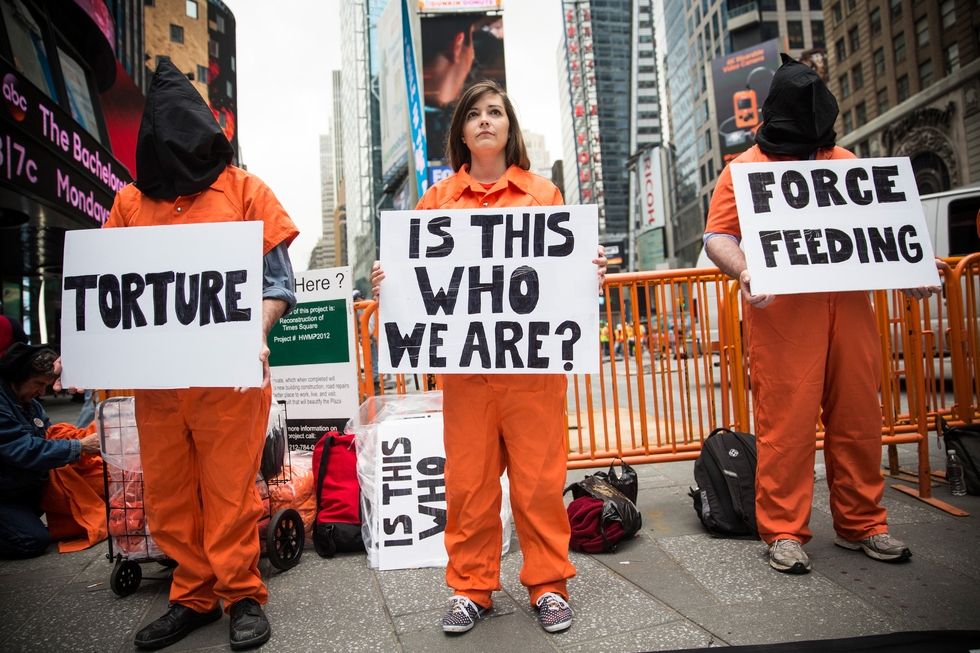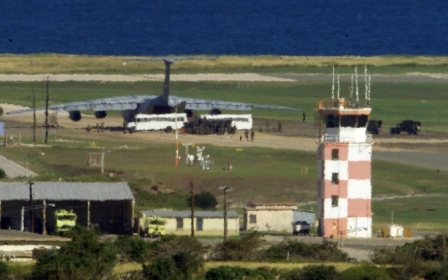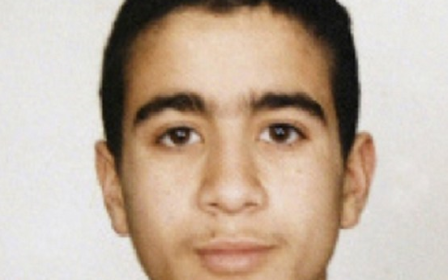US sends Guantanamo inmate back to Morocco

The United States announced on Thursday it has repatriated a Moroccan prisoner who spent 13 years at Guantanamo Bay, as part of a long-running effort to close the US military prison in Cuba.
The Pentagon said Younis Abdurrahman Chekkouri was sent home to Morocco following a "comprehensive" security review that saw six US departments and agencies unanimously approve him for transfer.
He was transferred on Wednesday, said a Pentagon official, who did not say whether Chekkouri would be imprisoned, placed under house arrest or released.
The 47-year-old was captured by Pakistani forces in late December 2001 with a group of several dozen Arab fighters who had fled the Tora Bora cave complex in eastern Afghanistan, a stronghold of the Taliban and its Al-Qaeda allies.
Transferred to Guantanamo in May 2002, he was never charged.
Following his release, 115 detainees still remain in the prison opened to hold alleged terror suspects following the September 11 attacks in 2001.
That's less than half the number who were detained there (242) when President Barack Obama took office in January 2009.
Obama has vowed to close the prison but has struggled to do so in the face of domestic opposition in Congress and abroad from allies reluctant to take in former Guantanamo detainees.
He now has just a little more than a year to fulfill his promise.
Among the options available to shutter the prison camp, the Pentagon is weighing potentially transferring detainees to US military prisons at Fort Leavenworth, Kansas and Joint Base Charleston, South Carolina.
New MEE newsletter: Jerusalem Dispatch
Sign up to get the latest insights and analysis on Israel-Palestine, alongside Turkey Unpacked and other MEE newsletters
Middle East Eye delivers independent and unrivalled coverage and analysis of the Middle East, North Africa and beyond. To learn more about republishing this content and the associated fees, please fill out this form. More about MEE can be found here.




